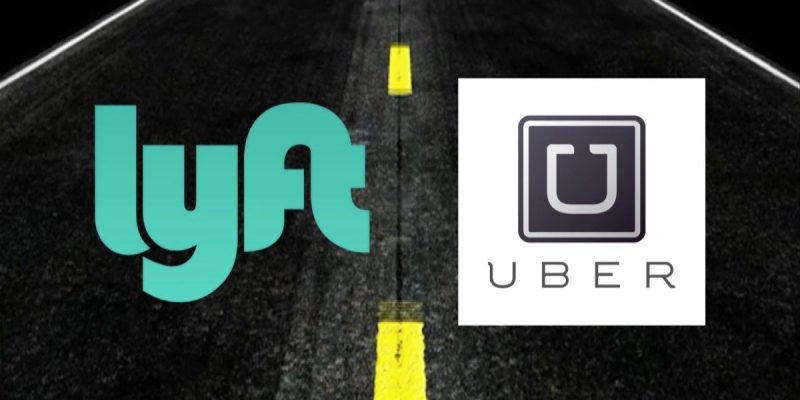A proposed bill would allow Medicaid recipients to take the Uber and Lyft ride-sharing companies to the doctor or Emergency Room for non-emergency appointments–and charge the government– and the taxpayer for it.
HB 1576, sponsored by Rep. Dade Phelan, R-Beaumont, would allow the state’s 4.3 million Medicaid recipients to use ride-share apps to make doctor’s appointments and other medical commitments.
“Reliable transportation is often an insurmountable barrier in accessing healthcare for millions of Texans on Medicaid,” Phelan said in a press release. “This new public/private partnership option is about outcomes – a better healthcare outcome for the patient, a better delivery of service outcome for the provider, and a better return on investment outcome for the taxpayer.”
HB 1576 would amend the Texas Medical Transportation Program (MTP) by modernizing Texas’ Government Code to allow for Transportation Network Companies (TNCs) like Uber or Lyft to provide certain Nonemergency Medical Transportation (NEMT) services.
Under the current system, requests for non-emergent medical transportation must be received at least two working days in advance of the beneficiary’s healthcare service appointment. HB 1576 would allow Medicaid recipients to schedule rides within less than 48 hours.
The bill also creates a new category of transportation services, called non-medical transportation services (NMT), which would be delivered directly through the Texas Medicaid managed care program under the authority of managed care organizations (MCOs). Under the new delivery model, MCOs would be authorized to contract with TNCs to provide the benefit.
This sounds like another opportunity for increased Medicaid fraud.
According to the HHS inspector general (IG), taxpayer money was spent on Medicaid claims between 2010 and 2015 that were either flat out fraudulent or overpayments for incomplete claims. The IG’s office issued hundreds of audits to determine payments made through the Centers for Medicare and Medicaid Services (CMS).
A recent audit of fraudulent Medicaid payments totaling nearly $2 billion ‘is really closer to $60 billion,’ the Foundation for Government Accountability argues.
A recent audit of the Department of Health and Human Services (HHS) reveals that it directed $2.6 billion worth of taxpayer money toward fraudulent and/or mismanaged Medicaid claims over a period of five years. More than half – $1.6 billion – remains uncollected to cover the agency’s losses.
“The Medicaid program lacks program integrity and these major flaws hurt both taxpayers and the truly needy,” Sam Adolphsen, vice president of Executive Affairs at the Foundation for Government Accountability, told Watchdog.org. “Unfortunately, a couple billion dollars in waste is just the tip of the iceberg. The fraud number is more like $60 billion a year, and most of that is caused by problems with the eligibility process, made worse by the explosion in enrollment thanks to Medicaid expansion.”
The FGA points to a recent audit of Louisiana’s Medicaid program, which $2 billion in unaccounted for or misappropriated Medicaid payments, though the Louisiana Department of Health disputed that. Part of the reason for the ineptitude, Adolphsen argues, is because the state agency responsible for checking applicants’ information, like their reported earned income or household members, “aren’t being done frequently enough thanks to Obama-era regulations. Fortunately, the Trump administration could close these loopholes and help protect the safety net for taxpayers and the truly needy.”
Advertisement
Advertisement

